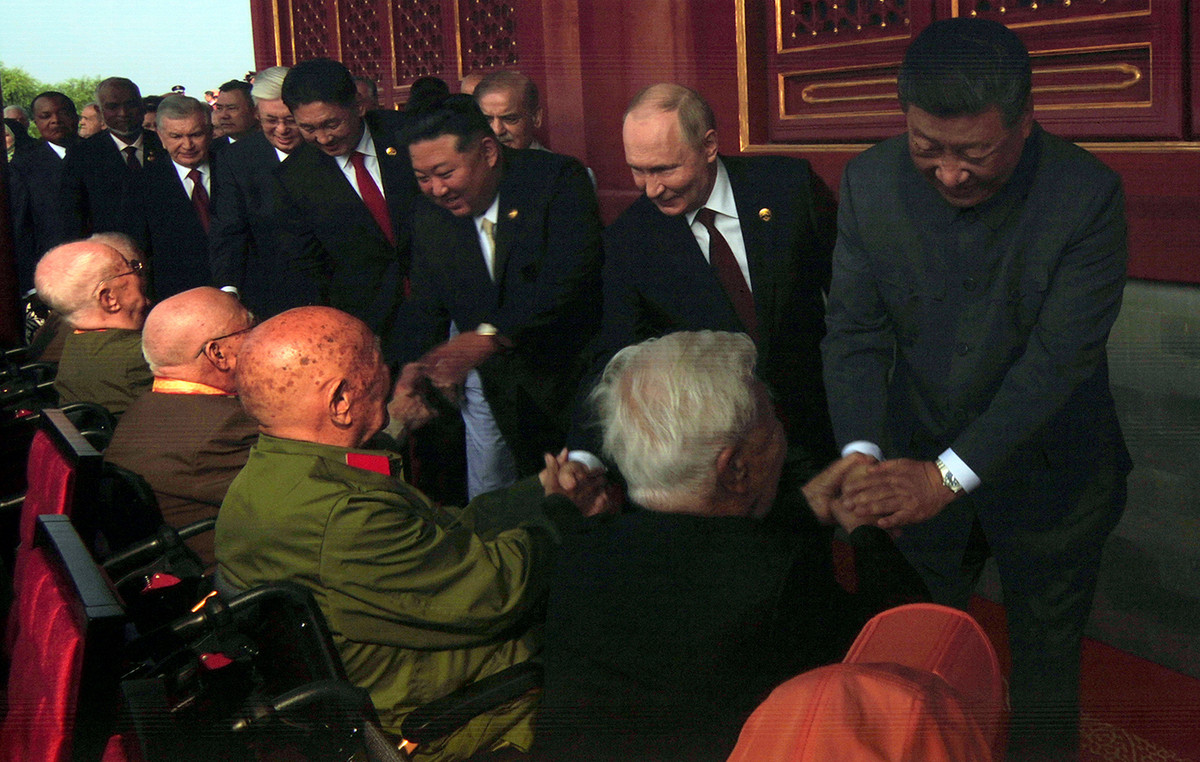The government’s signal to raise the minimum wage to R$ 1,294 in 2023 brought up again the role of this important variable from a fiscal and economic point of view. If, on the one hand, controlling the real increase in the minimum helped to hold back the impact on public spending, since a good part of Social Security is paid linked to the minimum, on the other hand, it has an impact on the economy by reducing the population’s consumption power. .
The minimum wage is important because it guides the salary of almost 60 million people and when we see that there will be a real drop in the same during the Bolsonaro government, something unprecedented since the 1990s, we can see the impact that this can have on the purchasing power of the population (graph 1).
The economic literature is incredibly dubious about the impact of the minimum wage, with robust results for both employment growth and employment decline. But some lessons can be learned, as the Brazilian case has specificities that do not exist abroad.
First, the Brazilian minimum wage is very close to the national average and is around 50%. When the minimum wage is raised, there is a more intense impact on the national average and this can lead to a negative impact on employment, as some studies show. This is because the increase in the minimum wage above productivity causes cost pressure for companies and eventually an increase in layoffs.
This scenario was more common when the minimum wage rose in real terms above Brazilian productivity, which has not happened in recent years. But it is an element to be concerned about in an eventual revision of the minimum adjustment calculation.
The second point refers to Social Security. The minimum wage is linked to a good part of what is paid in retirement to the poorest population, given that the floor is the minimum itself. Almost half of the population that receives this salary are retirees. Any public policy that changes its readjustment formula also needs to think about the fiscal consequences, which makes the matter even more difficult due to the impact it causes after an intense pension reform we had in 2019.
Third point is that given the inertial nature of our inflation, which is still very present, the readjustments of the minimum wage are more frequent than what is seen happening in other countries, especially developed and looking more to the past than to the future. It was like this, for example, in the mechanism that was used until a few years ago to readjust the minimum wage by the INPC of the previous year plus the variation of the GDP of two years before.
Instead, the adjustment of the minimum should follow some criterion of evolution of the estimated productivity of the year the salary is in force, which is more difficult to do, but more correct from an economic point of view.
Finally, there is an important issue that has appeared in the minimum wage literature, especially in the US, which concerns the monopsony power of contracting companies. In general, we talk about monopoly, which is the concentrating power to sell, but there is also the monopsony, which is the concentrating power to buy. In recent years, with the strengthening of large American companies, this power has grown and has caused salaries to be adjusted below what they could simply because of the concentrating power of hiring these companies.
This has been used as a reference to justify the point of raising the minimum without impacting companies’ employment and profits: they would have room to absorb it. It is not yet clear this impact in the Brazilian case, in which this power of monopsony is not so clear and on top of a salary that is determined every year by the government (unlike the American case, which is only now in discussion with the minimum wage). . Consistently setting the minimum would prevent predatory companies from engaging in hiring.
All these elements make the issue of the minimum wage very difficult to resolve in the Brazilian case. Its role in reducing income inequality was essential, even more so than Bolsa Família. But disregarding fiscal impacts and a good formula that encompasses productivity gains is a challenge for the next government.
Based on the idea that the minimum would have to be adjusted by productivity, the reference is evident on the impact of those who are in the job market.
It makes no sense to adjust salary for productivity for those who are retired. In this case, there would be a technical justification for separating salaries, creating a Social Security minimum salary that would be readjusted differently, perhaps due to the inflation of the previous year. In this way, we give the correct economic sense to the minimum and do not impact Social Security. But again, it won’t be simple. Unlinking the minimum wage from social security is perhaps the most politically challenging step.
Meanwhile, due to the fiscal weight of social security, we failed to adjust the minimum with more economic consistency. They all lose in the end.
Source: CNN Brasil
I am Sophia william, author of World Stock Market. I have a degree in journalism from the University of Missouri and I have worked as a reporter for several news websites. I have a passion for writing and informing people about the latest news and events happening in the world. I strive to be accurate and unbiased in my reporting, and I hope to provide readers with valuable information that they can use to make informed decisions.







